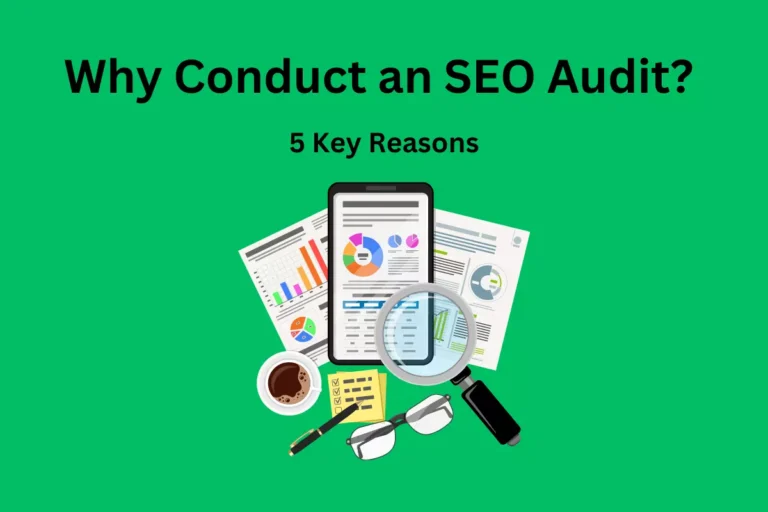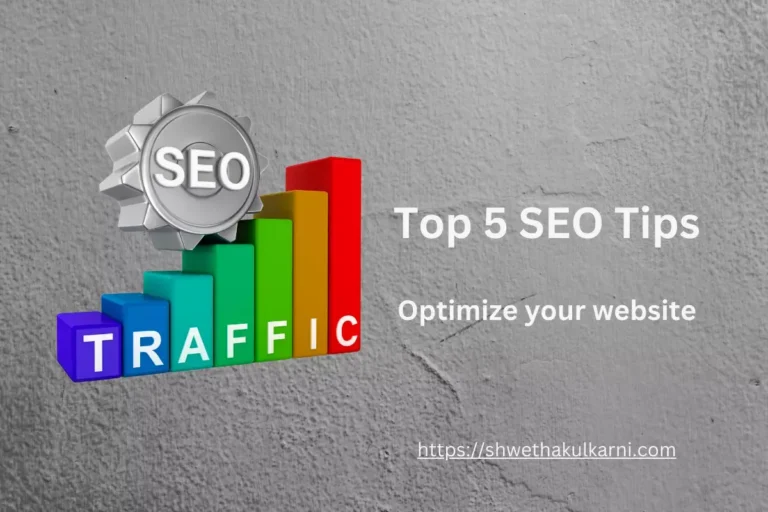Search Engine Optimization (SEO) is a critical component of any successful digital marketing strategy. However, several misconceptions and myths surrounding SEO continue to mislead marketers and website owners. Let’s address these misconceptions head-on and provide accurate information to dispel the myths.
Myth 1: “SEO is a one-time task.
” Many believe that SEO is a one-time fix where you optimize your website and forget about it. In reality, SEO is an ongoing process. Search engines frequently update their algorithms, and your website must adapt to these changes to maintain and improve rankings. Continuously monitoring your site’s performance, conducting keyword research, and optimizing content are vital for long-term success.
Myth 2: “Keyword stuffing guarantees better rankings.”
Some individuals still cling to the notion that cramming keywords into their content will boost rankings. However, search engines have evolved to prioritize user experience and high-quality content. Keyword stuffing can harm your rankings and make your content appear spammy. Instead, focus on creating valuable, relevant content that addresses user intent and incorporates keywords naturally.
Myth 3: “SEO is only about ranking #1.”
While achieving the top position in search results is desirable, it’s not the sole measure of SEO success. The goal of SEO is to drive relevant, organic traffic to your website and increase conversions. Focus on improving the overall visibility, authority, and user experience of your site rather than obsessing over a single ranking position.
Myth 4: “SEO is a secret recipe only experts know.”
SEO can be complex, but it’s not an arcane art reserved for a select few. Countless resources, guides, and online communities are available to help you understand SEO fundamentals. Familiarize yourself with best practices, industry trends, and algorithm updates. While working with experienced professionals can be beneficial, empowering yourself with SEO knowledge is equally important.
Myth 5: “Links don’t matter anymore.”
Link building is often misunderstood, leading to the belief that it no longer holds value. In reality, high-quality backlinks remain a crucial ranking factor. However, the focus has shifted towards acquiring authoritative and relevant links naturally. Building relationships, creating valuable content, and leveraging outreach strategies can help you earn valuable backlinks and boost your site’s credibility.
Myth 6: “SEO is a quick fix for instant results.”
SEO is a long-term strategy that requires patience and persistence. It takes time for search engines to crawl, index, and rank your site. While some optimization efforts may yield immediate results, organic visibility and sustained growth require consistent effort over time. Stay committed to your SEO strategy, monitor progress, and adapt as needed.
Myth 7: “Social media doesn’t impact SEO.”
While social media signals don’t directly affect search engine rankings, they can indirectly influence your SEO efforts. Social media platforms provide opportunities for increased brand exposure, engagement, and sharing content, which can drive traffic to your website. Moreover, social media profiles often rank in search results, enhancing your online visibility.
Myth 8: “Meta tags are the key to SEO success.”
Meta tags, including title tags and meta descriptions, play a role in SEO, but they aren’t the sole determining factor. While optimizing meta tags is important for click-through rates and user engagement, search engines evaluate multiple factors such as content relevance, user experience, site structure, and backlinks. Take a holistic approach to SEO by optimizing all aspects of your website.
Myth 9: “SEO is only for large businesses.”
SEO is not exclusive to large enterprises. Regardless of the size of your business, SEO can provide immense value. Local businesses, in particular, can benefit greatly by optimizing their online presence to attract customers in their area. A well-executed SEO strategy can level the playing field and help smaller businesses compete effectively.
Myth 10: “SEO is dead.”
This myth resurfaces time and again, but the truth is that SEO is alive and thriving. As long as search engines exist, the need for optimizing your website’s visibility, user experience, and content quality will persist. SEO evolves alongside technological advancements and changes in user behavior, making it an essential component of digital success.
Conclusion,
Debunking these common SEO myths is crucial for understanding the true principles of effective optimization. Stay informed, follow industry updates, and implement best practices to navigate the ever-changing landscape of SEO. By embracing accurate information and dispelling these myths, you can unlock the true potential of SEO and propel your digital presence to new heights. #SEOMythBusters #DigitalMarketingTruths







